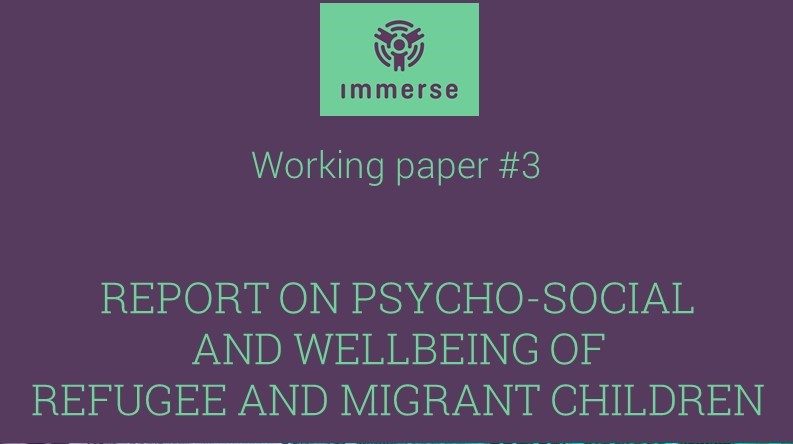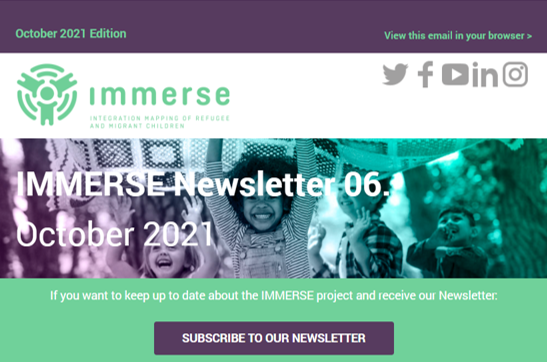Description
The whole program is implemented in many German regions, but the specific best practice “Fliegen lernen” has been implemented by the Catholic Primary School Zugweg in Cologne, North Rhine Westphalia. There, children from 27 nations research, discover, and learn in the learning workshop, while contributing their many languages and expand their vocabulary. The specific objectives pursued are: joy of learning, multilingual inclusive integration, science education, self-confidence, and community building. Since its opening in 2017, teachers have been using the learning workshop for science lessons, for instance, which are taught bilingually. Each research topic is not only developed technically, but also linguistically, not only in the teaching languages German and Italian, but also in the mother tongue of the children. Based on the approach of explorative learning, the children can conduct experiments, and continue them in the open all-day school workshops. In addition, kindergarten children come to the learning workshop to do research together with the primary school children, and a joint research time with parents has been established. The project is funded by the Deutsche Kinder- und Jugendstiftung (DKJS – German Children and Youth Foundation) in cooperation with Boeing.
- Children complete compulsory education
- Children maintain their cultural identity while adopting new cultural values and intercultural competences
- Children's academic skills
- Children's competence in host language
- Children's life satisfaction / happiness
- Children's sense of belonging
- Friends and peers (bridges)
- Friends and peers (support)
- Teachers
Evaluation ex post
Evaluation is done as an ongoing process of quality development within each site establishing and implementing the learning workshop.
Self-Audit: “Audit for joint learning workshops of daycare centers and elementary schools: Practical guide for quality development” (see link below).
https://www.forschendes-lernen.net/files/eightytwenty/materialien/Audit_4._Aufl._beschreibbar.pdf
Projects’ deliverables
Guidance for pedagogical work in learning workshops
Children discover the world - Research-based learning in learning workshops at day-care centres and primary schools
How good science education succeeds at primary schools - results and experiences
Audit for joint learning workshops of day-care centres and primary schools - practical guidelines for quality development
Materials are available in the following link.
https://www.forschendes-lernen.net/index.php/materialien.html
Reproducibility
The available deliverables may be of support for the reproducibility of the project in other contexts.
Motivation for the submission
Since multilingualism is one the three main KPIs this best practice is highly recommendable for its methodological approach as well as its reproducibility.



